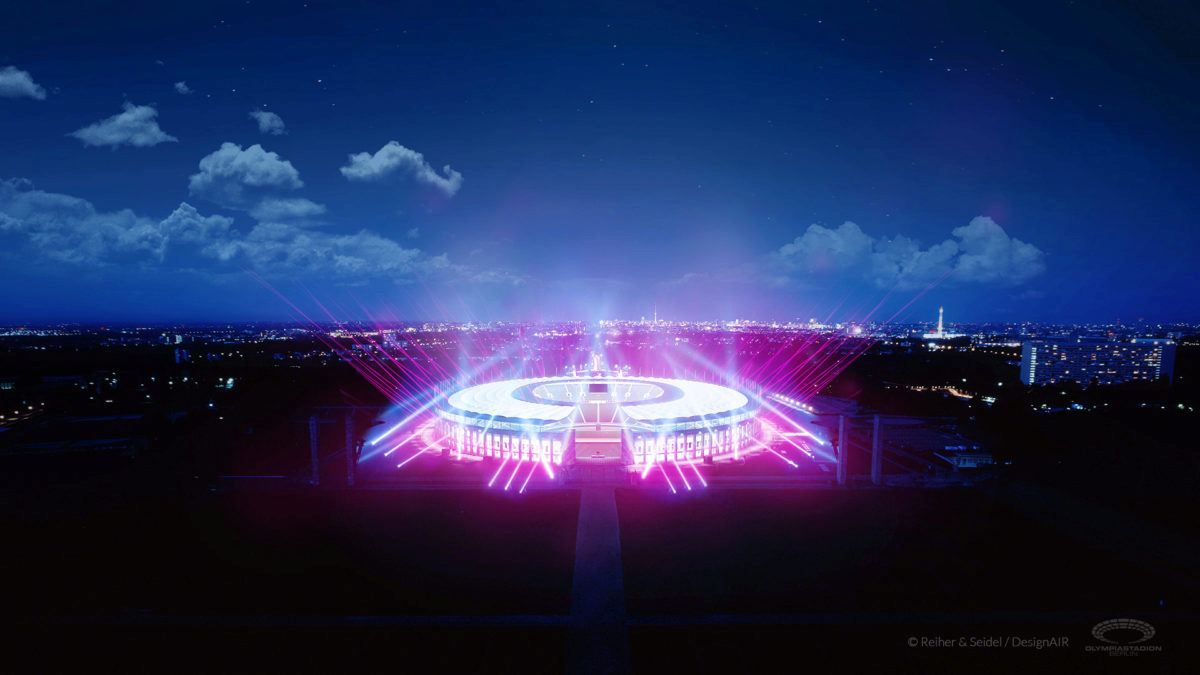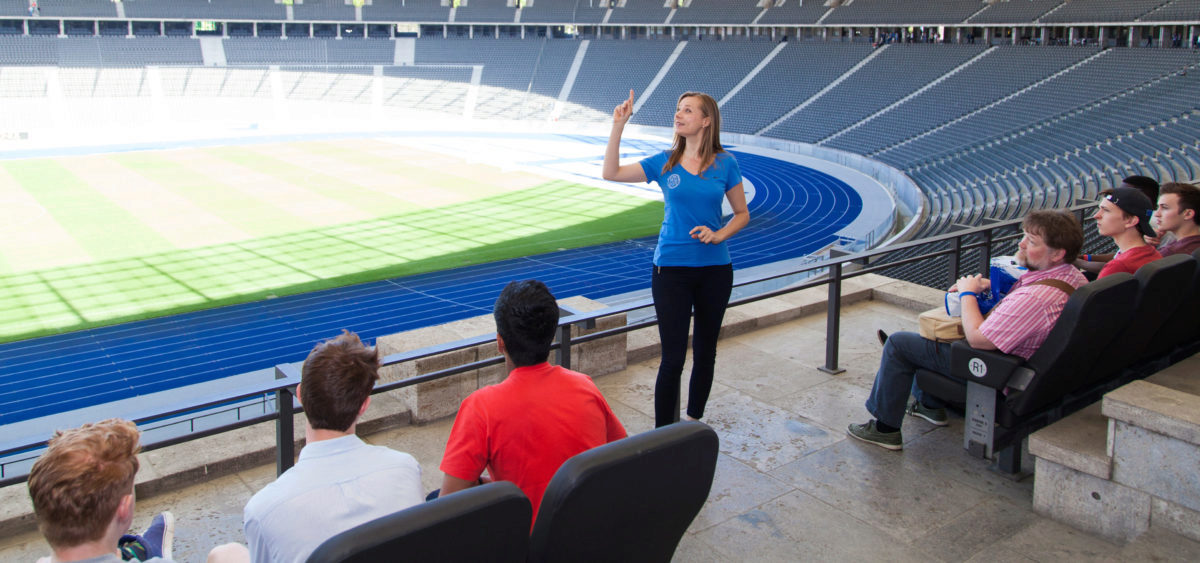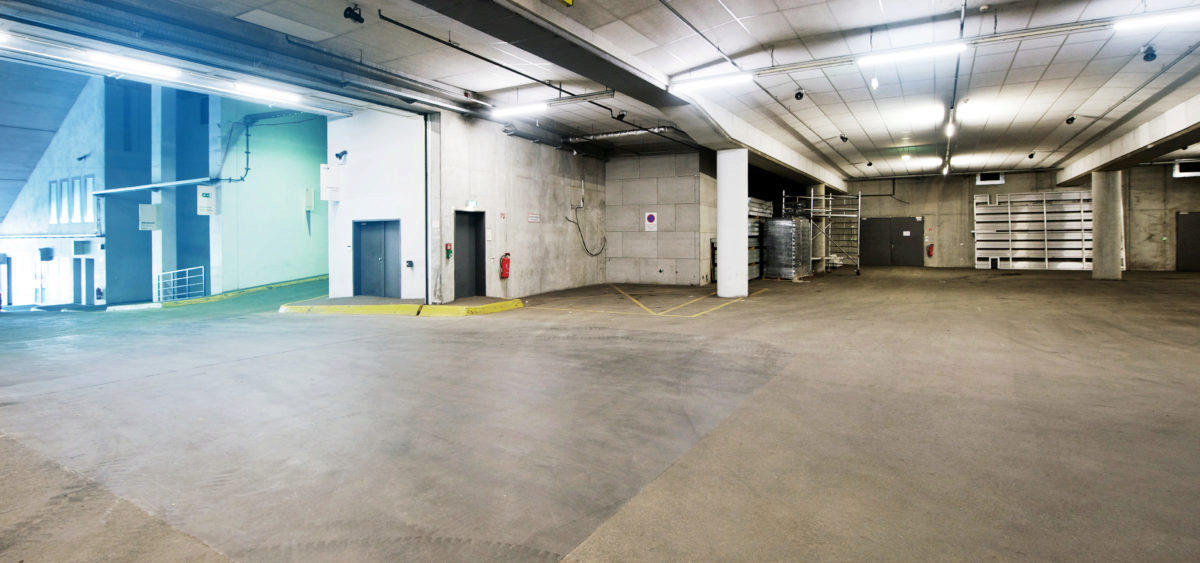History
The Olympiastadion Berlin GmbH is the operating company of the Olympiastadion Berlin. Since 2006 the state of Berlin is the sole stockholder of the operating company.
The property ownership of the former Reichssportfeld and current Olympiastadion was transferred to the Federal Republic of Germany after 1945. When Berlin applied to host the 2000 Olympic Games and the allied troops left Germany in the early 1990s, several feasibility studies were developed to determine the future of the ailing and no longer contemporary stadium.
In December of 1998, the Berlin Senate voted-after consulting the owner of the property at that time (the Federal Republic of Germany)- to renovate and modernise the Olympiastadion in accordance to the guidelines of monument conservation. In late 1998, the planning group gmp’p, consisting of the architectural firm of von Gerkan, Marg and Partners (from Hamburg) and several consultants won the ideas competition for the renovation and modernisation process. The investor competition held in 1999 was won by the Walter Bau AG from Augsburg.
In the meantime, the Federal Republic of Germany has transferred sole ownership of the entire area, considered the Olympic grounds, to the State of Berlin. The State of Berlin signed a concessional contract for the Olympiastadion with the Walter Bau-AG in June of 2000, in which it was determined that the stadium should be renovated and modernised. Once completed, control of the stadium should be handed over to a private sector enterprise instead of the state of Berlin.
The starting signal for the renovation and modernisation process was given in August of 2000 by the Walter Bau AG’s CEO Prof. Dr. Walter, together with then-chancellor Gerhard Schröder, then-mayor of Berlin, Eberhard Diepgen and then-Senator for City Development Peter Strieder. The costs for renovation and modernisation totalled about 240 Million € and were mostly paid for by the Federal Republic of Germany.



